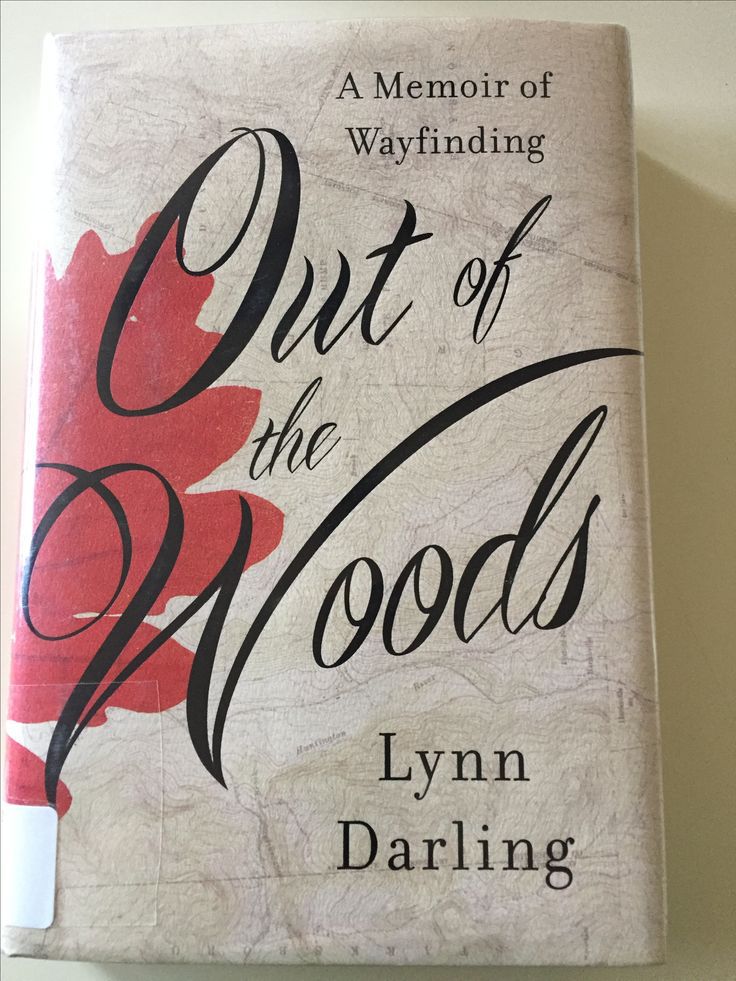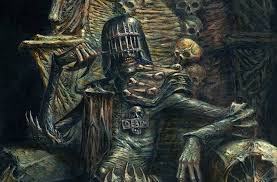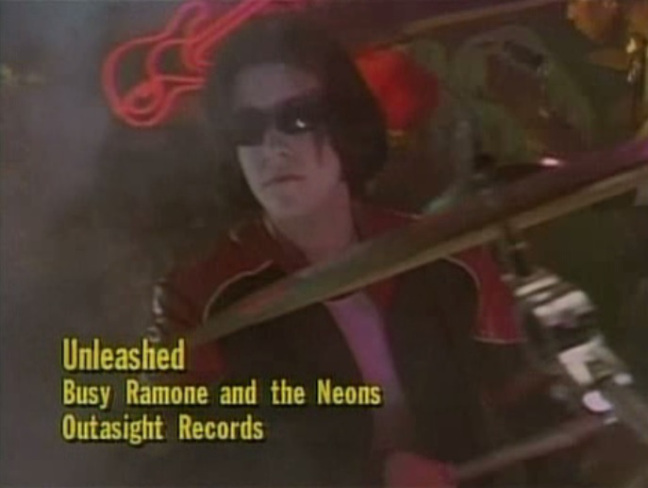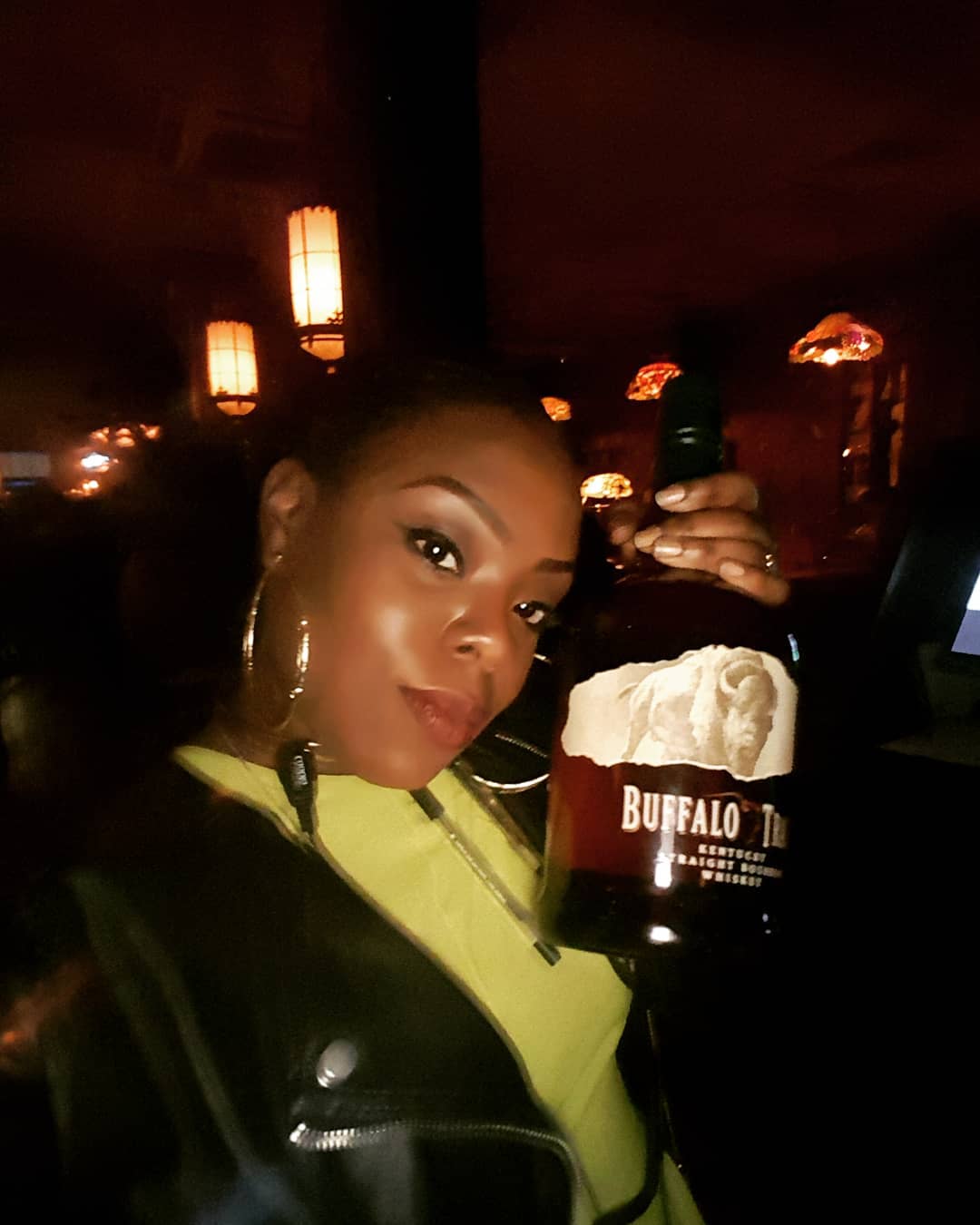
In that moment [of finding her way out of the woods], I knew that everything would be all right; I could look past my own doubt and see that the world was immense and my future as rich in possibility as the swelling belly of the brown mare. I remembered that moment always.
Lynn Darling, Out of the Woods
************************
Lynn Darling has a little problem with direction. Her memoir, Out of the Woods, opens as she is driving to her off-the-beaten path house in Vermont. She gets herself hopelessly lost; she winds up sitting by a scarecrow in a field, crying.
Eventually she gets to where she needs to be, but the process is painful and painstaking. And, oh, I can relate, both to her geographical challenges and to the challenges of navigating this time of life.
******
Darling, the author of Necessary Sins (which I haven’t read yet, but look forward to reading), begins this path-finding memoir on the day she drops her daughter, Zoe, off at college. The author was 44 when her husband died, twelve years before; Zoe was a young child. When Out of the Woods opens, Darling is 56. As a writer, her work is portable; she is not retiring, but she has the liberty to work from wherever she likes. And she decided she wants to live in really rural, un-trendy, Vermont.
She tells us bluntly that the house she bought is kind of odd, and I admire her optimism and courage, even as I think, “No way. Not for me, anyway.” But she’s in search of time alone, and the house, she thinks, will give her the solitude she needs. It’s a belief we have, I think, many of us who are women of a certain age—that solitude will heal us. Solitude, we expect, would bring us clarity and calm; it would enable us to rediscover ourselves, and to move forward, fortified and centered. And at this point in her life, Darling tells us, she’s not sure of who she is or what it is that she does.
Solitude is a seductive concept, I think, for women who have devoted their lives to the care of others, putting their own needs last. The rhythms of care push things like writing and reading to the back burner; pursuing interests like drawing or making music can only be sandwiched into the leftover, available time. If I lived alone, we think, I’d have all day to pursue my passions…
This may be a romantic fallacy; it may be a convenient excuse for some of us, who neglect our own passions. But Darling boldly forces herself to find out. She makes a list of metaphysical challenges she will embrace, a list that includes these items:
- Get sense of direction
- Find authentic way to live
- Figure out how to be old
- Deal with sex
- Learn Latin
Solitude, she vows, will allow her to develop that sense of direction; from that, all else will flow. She will learn, very literally, to find her way.
Her wonky house backs up to a wood, and Darling makes it her challenge to navigate that wood, to be able to plunge in and find her way—to another farm, to a lovely clearing, back to her home. She connects with neighbors in her quest; she consults with expert trailblazers. She runs into obstacles, and she encounters the challenges that, I am finding, life seems to offer to women of a certain age: she deals with relationships, refining the concept of ‘home,’ confronting her physical self, handling inevitable loss, gaining essential self-knowledge and finally, creating a new vision.
Relationship. Zoe has filled Darling’s life since the loss of her husband twelve years before. Darling had friends and family, but Zoe’s care focused her attention, required her presence and involvement. The thought of a romantic relationship was long back-burnered. Now, though, Darling writes, “I had craved solitude, but what I had found instead was a loneliness that pressed like a stone on my chest.”
She goes to the Internet, to online dating sites, and she tries it out. Her encounters are awkward and courageous; they awaken awareness. They do not lead to long-term commitments.
But she does develop new friendships; she becomes a part of the small rural community and connects with neighbors. She lets her relationship with Zoe morph and change as her daughter spreads her wings. She adopts a puppy. In the process of exploration, she understands more clearly what she wants and what she needs.
Home. Darling’s wonky Vermont house is very different from her New York City apartment, and maybe difference is what she needs; she can spread out the blueprints and consider what she really needs ‘home’ to be. But, oh, the challenges. She describes a season of mice infesting the house, and confesses that there are times she welcomes their company. And then, as she does throughout the memoir, she rouses herself and deals with the situation.
Wasn’t it better, she writes at one point, to be walking through slippery snow after some stick of wood than to be trudging in the rain at rush hour to the corner store for milk? I am liking it here, I thought, a little startled.
She will make the house a home; she will not fail in this task she’s set herself.
It’s the same kind of determination she brings to her way-finding. Darling pitches herself in; she gets lost. She finds her way home. By the end of the book, she has decided what she needs, and where she needs to be.
The Physical Self. In the midst of this growth and exploration, in the midst of trying out dating and coming to grips with Zoe’s increasing maturity and independence, Darling learns she has cancer. Treatment means illness and surgery and fear, but in her illness, she learns to value her solitude.
Cancer is a good teacher, Darling writes. It forces you to understand what you should have known when you were healthy: there is little time left and none at all for regret.
Loss. Darling, of course, is not a stranger to loss, having been widowed as a young woman. But the emptying of her nest has her examining that emptiness. At the same time, she helps her failing mother leave the family homestead. There is loss in the letting go of what she’s always considered ‘home.’ There is loss in the knowledge that her mother needs her support instead of being an anchor for her daughter.
There is loss in dealing with cancer, in facing the vulnerability of the physical self. There are hopes and dreams that must be jettisoned to make the journey possible.
Self-knowledge. Darling learns from her venture into new territory. For me, she writes, solitude was roomy—it provided a space in which my half-formed assumptions about myself, the world, other people, unpacked themselves, stretched out and assumed their full shapes and walked about, giving me a chance to see them as they really were, and to assess them accordingly.
She continues: Here was a place where I was none of the things I had been: not widow nor wife, not mother, a place where I would not encounter the ghosts of old selves and old lives.
For Darling, the removal to rural Vermont, where no one had any preconceived notion of her role or her personality enabled her—forced her, really, –to confront and understand who she is.
Vision. Darling’s Vermont time helps her shape her future. She does not, ultimately, stay in her forest house, but during her sojourn there, she learns to find her own way. The years of Zoe’s college teach her much, and some of the lessons are brutal and frightening. But Darling embraces the learning.
With luck, she writes optimistically, I would walk into the future the way I walked into the woods, with my wits about me, with curiosity and humility, with a first aid kit and a compass.
***********
Reading Out of the Woods, as I contemplate some of the same transitions that Darling describes so vividly, is enriching and enlightening. The book is copyrighted in 2014; tonight, I went on-line to see what I could find out about Darling since then. I could not find much news. I hope that the author is healthy and happy and enjoying her return to New York City. Whatever the situation, though, I have no doubt that she is capably getting her bearings and mindfully making her way.
Advertisements Share this:





